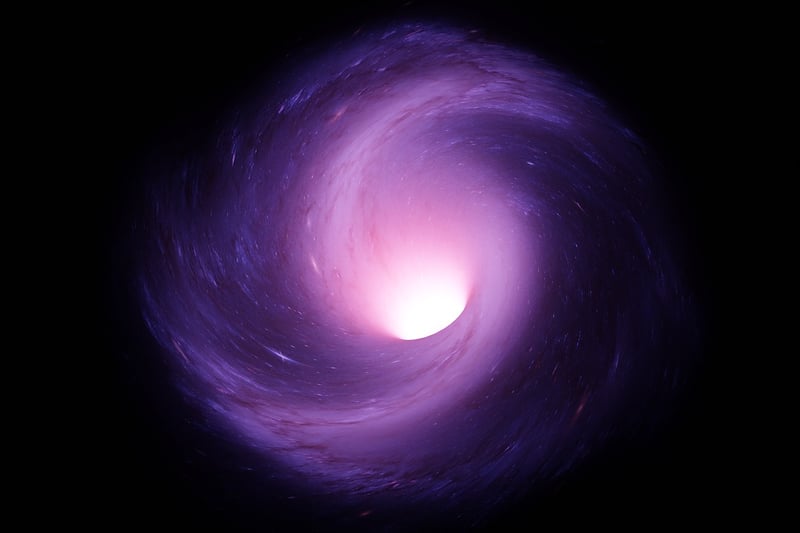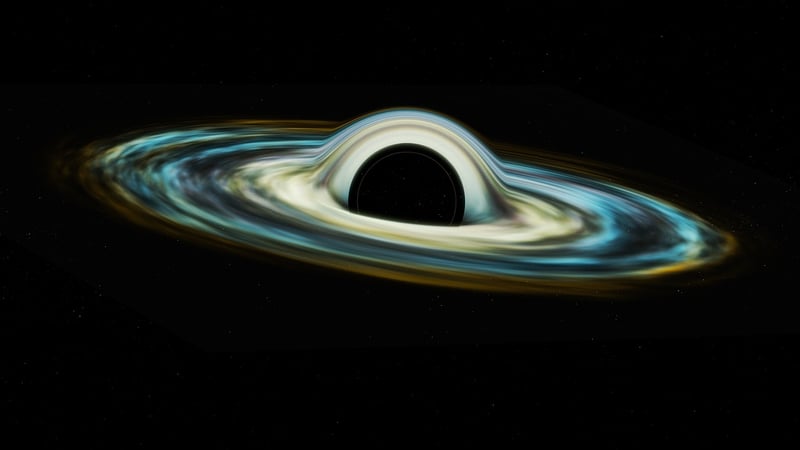Temporal Paradoxes
Understanding Time Travel and Temporal Paradoxes
Time travel has been a fascinating concept in science fiction for decades, but is it actually possible? Let's delve into the theoretical aspects of time travel and explore the intriguing concept of temporal paradoxes.
How Time Travel Works
According to some theories in physics, time travel could be achieved through different mechanisms such as wormholes, black holes, or by traveling at the speed of light.
One popular theory is based on Einstein's theory of relativity, which suggests that time dilation occurs as an object approaches the speed of light. This means that time would pass differently for someone on a fast-moving spaceship compared to someone on Earth.
Another concept involves the idea of wormholes, hypothetical tunnels in spacetime that could create shortcuts for traveling between different points in time and space.
Temporal Paradoxes
Temporal paradoxes are situations that arise when the very notion of time travel leads to contradictions or logical inconsistencies.
The Grandfather Paradox
One of the most famous paradoxes is the Grandfather Paradox, where a time traveler goes back in time and prevents their grandfather from meeting their grandmother, thus preventing their own existence.
The Bootstrap Paradox
In the Bootstrap Paradox, an object or information is sent back in time in an infinite loop with no clear origin. This raises questions about how the object or information came into existence in the first place.
Conclusion
While time travel remains a theoretical concept, the study of its possibilities and paradoxes continues to intrigue scientists and science fiction enthusiasts alike. Whether it will ever become a reality or remain confined to the realms of imagination, the exploration of time travel opens up a world of thought-provoking questions and possibilities.


For more information on time travel and related topics, you can visit Space.com.
